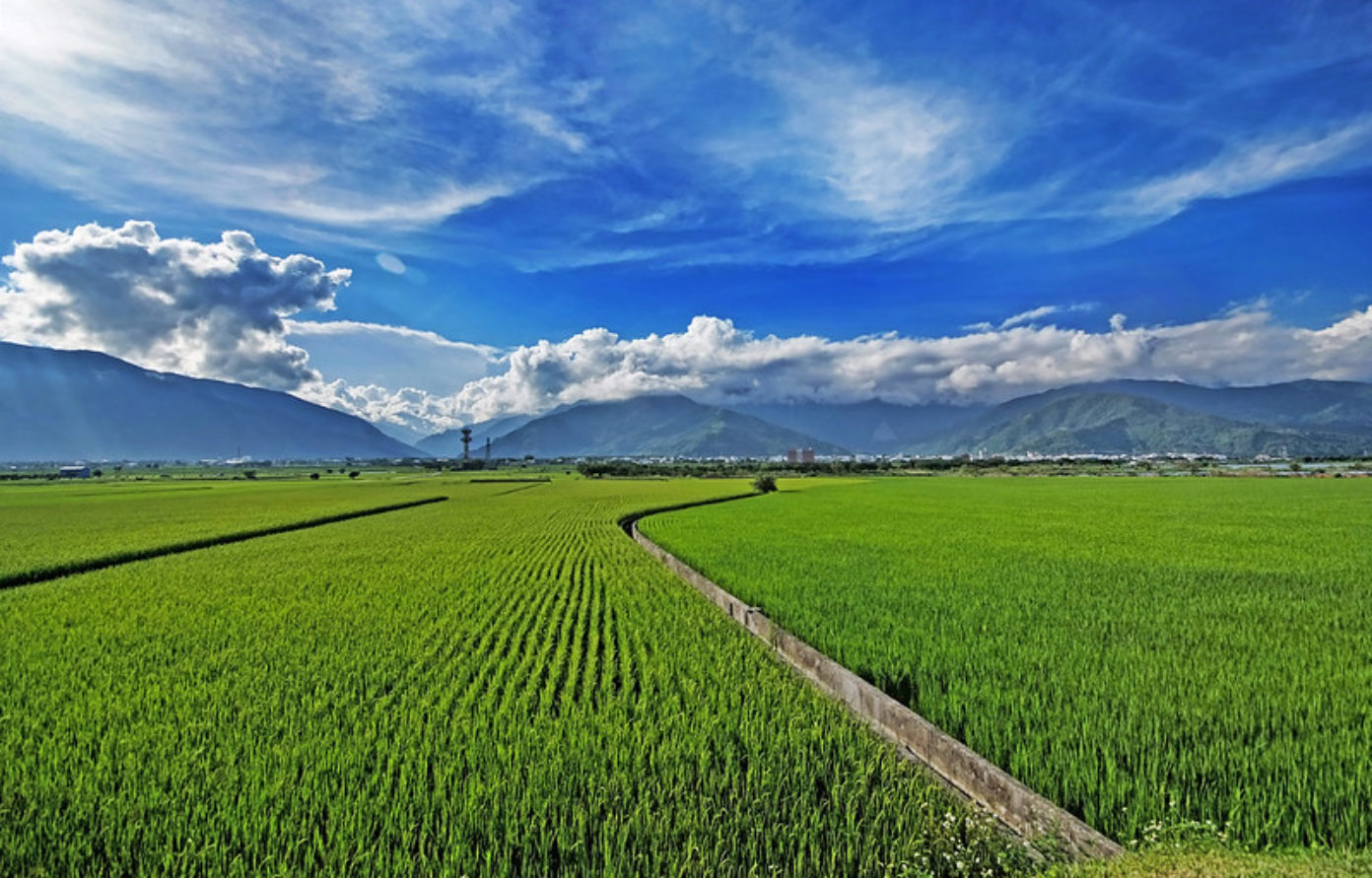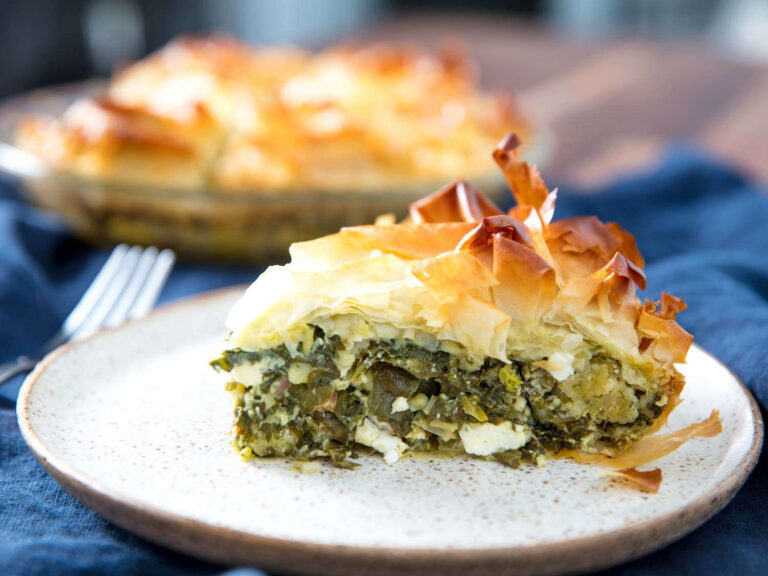Rice was not always a part of everyday European cuisines. It was Alexander the Great and globalization that allowed this staple to cross borders. In fact, rice might even be seen as “Alexander’s greatest gift to Western civilization.” Due to lack of resources, troops had to adapt to food customs of various conquered populations.
They therefore began consuming culinary novelties such as sesame, dates, and rice. Seleucus I also confirmed this once Alexander’s era of conquest was over. He wrote several accounts testifying to the customs of the Macedonian army in foreign lands.
But what more precisely is the relationship between rice and the Greeks today? Has it remained a “foreign” food or can we now consider it indigenous? And, most importantly, how is Greek rice production managed and valued? We tell a story made up of culture and people, who with their commitment and knowledge, are breathing new life into the concept of rice in Greece.
The new faces of rice culture in Greece
In Thessaloniki, a group of women entrepreneurs and professionals have decided to give new life and visibility to Greek rice. A European Union food redevelopment project is assisting in this endeavor. This is a group of individuals with great technical knowledge on everything from rice cultivation to preparation of rice dishes.
One of these experts is Sylvia Koumedaki, the general manager of “Chef Stories,” an event organization company responsible for anything in Greece related to the European project Eurice. Eurice is striving for the redevelopment of Greek and Spanish rice. Below is the interview.
The interview
When was the project born? How did you decide to become part of this European Union project?
This is a European multi project, called EURICE, which is now in its third year and is running simultaneously in Greece and Spain. It was launched in 2020, but due to the pandemic, it remained in place for three years as inactive. We organized the first action, the 1st Rice Festival, in September 2021 in the context of the Thessaloniki International Fair.
At Chef Stories, we were happy to take on the project because its main purpose is the information and promotion of the peculiarities of rice cultivation. The project is an opportunity to inform the professional and consumer about the fact that Greek rice is absolutely safe. This is because it is produced in Greece under strict European standards. By extension, the nutritional value is noteworthy, as is its inclusion in our daily meals as a main ingredient.
As I have been following your events for some time now, I have seen that your technical knowledge of rice is immense. It is a matter of a world you have always loved or something you have discovered and studied thanks to this project? It was a great pleasure and surprise for us too to get involved in the cultivation of such a great product. In fact, the area of main production is literally next door to us in Chalastra (an agricultural area outside of Thessaloniki). The project was the trigger and the pandemic allowed us the time to read and study this product in depth.
What are the characteristics that make Greek rice a a higher quality product than others?
First of all, Greek European medium grain rice is generally a product with high nutritional value and a special flavor, as the location of the rice fields next to the sea gives it a particular salinity, which makes it unique. But the biggest advantage of Greek rice is its sustainable cultivation. Compared to rice from third-world countries, ours is not burdened with fertilizers and pesticides, which are banned in the EU.
What are the next steps? Will there be changes to the methods of the promotion of the project?
Through the program we run on an annual basis, the Rice Festival, and a series of seminars at public and private cooking institutes in many cities of the country, we can inform students about the value of Greek rice and the value of Greek food. Also, we organize similar seminars in local restaurants with chefs, catering, and food entrepreneurs, as well as journalists to disseminate the actions.
In addition, with the Rice Chef Ambassador of the project in Greece, Dina Nicolaou, some masterclasses are held with a corresponding audience. There are also cooking workshops at the Food Expo, in which we participate with the program every year. In the next three years we are planning for additional activities.
Why it is important to highlight rice and not another culinary product?
It is a fact that there are many programs running at the same time to promote Greek products with European funds. The aim of the program is to promote the product and to highlight the sustainable aspect of rice cultivation. This is because in the areas where it is grown, if it were not for rice, the regions would have been deserted. There is also the social dimension, as thousands of people work and support themselves through this product.
What would you name as the iconic recipe that represents Greek rice in the world?
The rice dish on which we decided together with the contracting authority and the Rice Chef Ambassador Dina Nikolaou is “gemistà.” It is the culmination of Greek and Mediterranean cuisines, which can have many expressions depending on the season, place, etc. So, apart from the stuffed tomatoes and peppers, the classic Greek summer dish, we have stuffed zucchini, eggplant, zucchini flowers, and dolmades. We also have stuffed mussels or squid.
How much and how do you think the Greek diaspora can help to share our gastronomic DNA and our products, such as rice, around the world?
Greece produces exceptional, high quality and pure products, and among them is rice. Every Greek product has a place not only in the Greek but also in the international cuisines. Greek products carry the effort of the people,…their passion, and their stories. The support for Greek products that reach Greeks in the diaspora is part of this relationship. Entrepreneurs of Greek products and consumers of the diaspora can become part of the evolution of our gastronomic identity.
Silvia’s final thoughts on Greek rice
“We have unique dishes with rice in Greek cuisine,” says Sylvia, “and through this program, we have highlighted a number of traditional recipes, but also our culinary relationship with rice, both as consumers and as professional chefs.” As we have often said, the importance of Greek gastronomic culture comes not only through those who produce and sell the products but especially through those who take the products home with them and make them part of their daily diet.
Source: Greek Reporter







